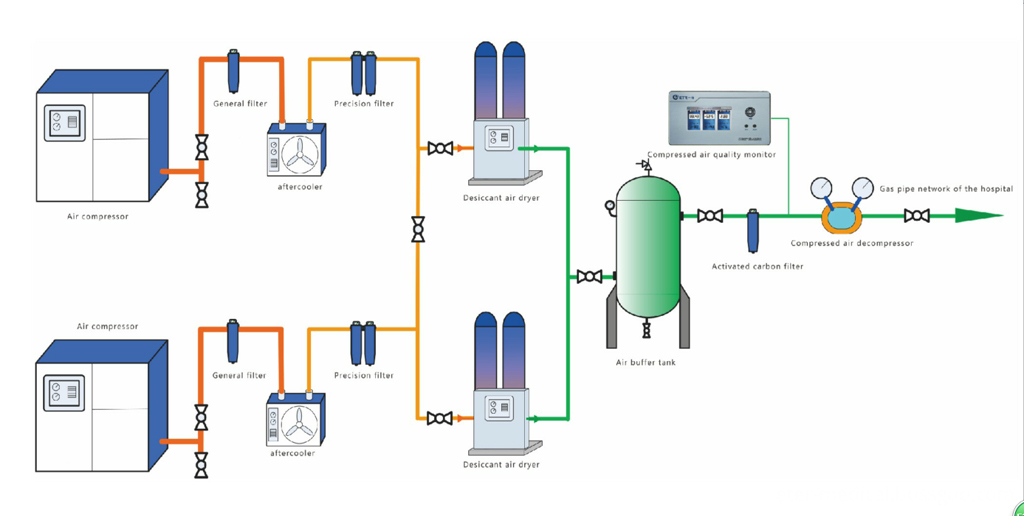Since March, New Zealand's milk powder tariffs have been restored from 5.8% to 10%. At present, New Zealand dairy products account for most of China’s total imports. The industry is concerned that this may cause further price hikes in the dairy industry. In addition, at the same time, the reporter learned from Fonterra that it will adjust the purchase price of raw milk during the milk season, and imported milk sources are expected to continue to seize the domestic milk market.
According to the 2008 free trade agreement between China and Singapore, the annual tariffs on dairy products imported from New Zealand to China in 10 years will decrease year by year. However, when the amount of imported agricultural products exceeds the current year's limit, China can implement special safeguard measures for this product through additional tariffs. According to the latest notice from the General Administration of Customs, this year's import quota of 115,500 tons of bulk powder has reached 103.1% on March 4. Therefore, the tariff exceeding the quota portion will soar from 5.8% to 10%. The use of full-year quotas within two months has become the norm after the establishment of New Zealand's imported dairy products in 2009.
Senior dairy expert Wang Dingmian introduced to the media that since the tariffs at the beginning of the year were low, the importers of powdered milk at the beginning of the year filed an application as soon as possible. In recent years, the import of dairy products in New Zealand has remained high. It is reported that the time for quotas to be used up in 2009 was August of that year and it was advanced to March last year. According to public data, taking the "big bag of powder", the main raw material of baby milk powder, as an example, it imported 120,000 tons in 2008 and rose to 245,000 tons in 2009, compared with 415,000 tons in the previous year and 425,000 tons in the previous year.
Will tariffs rise by 40%, and will it become the reason for the next round of milk price increases? Years later, Wandashan began to provoke a wave of price increases. Mead Johnson, which had not adjusted its selling price for two years, had also informed dealers to adjust prices by about one percent. Although basic powder costs account for less than 50% of the total formula powder costs, the impact on prices should not be underestimated. Dumex gave a briefing on the media earlier this year that many factors may lead to an increase in milk powder production costs. For example, raw material prices, energy, logistics, transportation, etc. Currently, internal pressures will be resolved through internal digestion.
"No matter what kind of cost increases, the price increase will also rise." An unnamed milk industry veteran believes that especially new products, no selling point does not match high prices, but can not open the market. "Consumers like to buy expensive." Wang Dingmian also said that he would not rule out further price increases during the year. Foreign milk powder is a good attitude to consumers.
Despite the import tariff reduction of imported milk, the world’s largest dairy supplier, Fonterra, recently lowered the purchase price of raw milk for the 2011/12 season, as New Zealand’s milk production increased to a record high, and milk production per kilogram was lowered from S$6.5. 6.35 Singapore dollars. Although there is no absolute relationship between the price of milk collected and the final FOB price, the increasing prices of imported milk and domestically produced milk will gradually reduce the competitiveness of domestically produced milk.
Wang Dingmian introduced that international bale powder prices fell from 3.9 yuan/ton in July and August last year to 29,000 yuan, and recently stabilized at a range of 30,500 to 31,000, while domestic milk prices were 29,000/ton. The difference of between two and three thousand yuan makes the balance even more attractive to imported milk sources. "If the price of imported milk powder is reduced further, there is no doubt that domestic farming will have nothing to do."
Medical Compressed Air Plant
The medical compressed air plant consists of the air compressor, general filter, aftercooler, precision filter, desiccant air dryer, air buffer tank, activated carbon filter, compressed air quality monitor, decompressor, valve, pipeline and terminal. The system generates compressed air through an air compressor, removes the impurities, oil mist and moisture in the compressed air through an adsorption dryer filter unit, delivers the air to the air storage tank and supplies it through a pipeline to the terminal equipment in the operating room, ICU and other inpatient wards after decompression.

Medical Compressed Air Plant ,Hospital Gas System ,Hospital Gas Pipeline System ,Medical Air Compressor
Hunan Eter Electronic Medical Project Stock Co., Ltd. , https://www.centralgas.be